The Bioremediation and Microbes for Sustainability team (BMS) explores the relation between microorganisms and pollutants, aiming the development of bioremediation technologies for ecosystems recovery and environmental sustainability.
Also, we have been studying the microbe-plant associations for the development of nature-based solutions for water management, and the microbe-animal interactions to increase environmental sustainability of aquaculture production.
We have been involved in multiple regional, national and international projects, where we explore natural and engineered microbial communities, to develop bioremediation technologies to recover marine and aquatic environments contaminated with different pollutants, including persistent (e.g. petroleum hydrocarbons, metals) and emergent (e.g. pharmaceuticals, nanoparticles, microplastics) contaminants, and also biological contaminants (pathogens and antibiotic resistance). We take advantage of the high natural microbial diversity by screening samples from different environments (e.g. rivers, estuaries, coastal zone, deep-sea) to identify, characterize and isolate microorganisms that are able to metabolize different pollutants. All these isolated microorganisms are being cryopreserved in a georeferenced library, that is part of the CIIMAR Microbial Culture Collection (CM2C – cm2c.ciimar.up.pt ), for future applications.
In addition, we have been studying the plant-microorganism associations to promote the use of natural and constructed wetlands as nature-based solutions (NBS) to reduce contaminants inputs into the aquatic environments. These NBS are being explored to remove pollutants (e.g., nutrients, metals, hydrocarbons, organic micro-pollutants) from different types of water/wastewater (e.g. stream and marinas water and aquaculture and livestock wastewater).
Also, we are developing microbiome-based solutions to promote aquaculture sustainability, by decreasing environmental impact of the production, and by increasing fish welfare. This includes the optimization of biological treatment to increase water quality, and the development of therapeutically alternative to antibiotics for pathogen outbreak control, in order to reduce both chemical and biological contamination inputs into the environment.
Overall, our work is aligned with the Zero pollution action plan of EU and with the EU Mission Restore our Ocean and Waters. Moreover, our work brings important contributions for the SGDs, mainly for SDG14 (Life Below Water) and SGD6 (Clean Water and Sanitation).
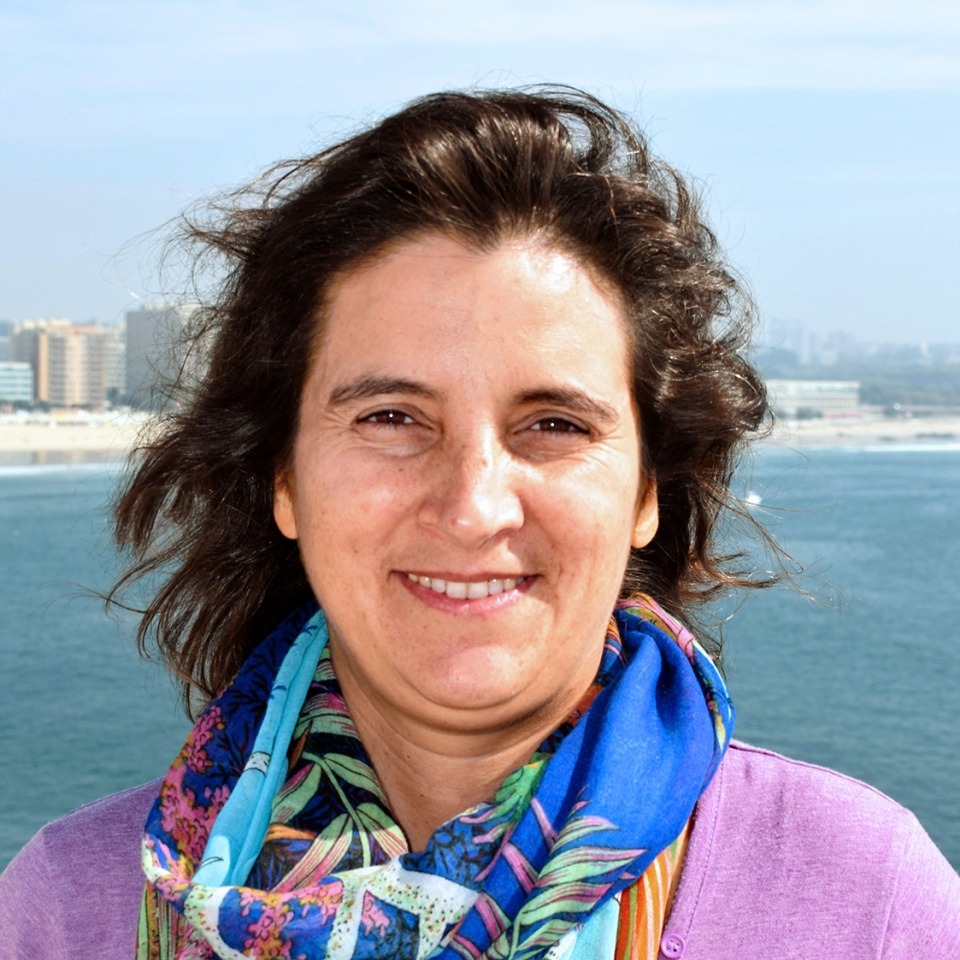

Ana Paula Mucha has a Degree in Aquatic Sciences (1993), a MSc in Ecology, Management and Modelling of Aquatic Resources (1997) and a PhD in Aquatic Sciences (2002). She has a research position at CIIMAR, University of Porto, Portugal, being member of the Board of Directors and the Principal Investigator of the ECOBIOTEC Team (Bioremediation and Ecosystems Functioning).
Also, she is an Invited Assistant Professor at the Department of Biology of Faculty of Sciences of University of Porto. She focuses her research on the relation between microorganisms and contaminants, aiming the development of bioremediation technologies for ecosystems recovery and environmental sustainability. She also explores the microbe-plant associations for the development of nature-based solutions for water management, and the microbe-animal interactions to increase environmental sustainability of aquaculture production.
She authored ca. 90 SCI papers including high profile journals in the field of Marine and Environmental Sciences. She has been involved in multiple regional, national and international projects, and presently coordinates CIIMAR participation in the European project “BIOSYSMO – BIOremediation systems exploiting SYnergieS for improved removal of Mixed pOllutants” (GAP-101060211). Also she coordinates the project “Ocean3R – Reduce pressures, restore and regenerate the NW-Portuguese ocean and waters” (NORTE-01-0145-FEDER-000064), and the Research Line 4 (Marine biobanks as tools for marine biotechnology) in the structured program of R&D ATLANTIDA – Platform for the monitoring of the North Atlantic Ocean and tools for the sustainable exploitation of the marine resources” (NORTE-01-0145-FEDER-000040). In addition, she has been involved as supervisor in several national and European Master and PhD programmes, and presently she co-coordinates the FCUP team responsible for the M2ex-European Joint Doctorate “Exploiting metal-microbe applications to expand the circular economy” (European Union; Horizon 2020 research and innovation programme under the Marie Sklodowska-Curie grant agreement No 861088).
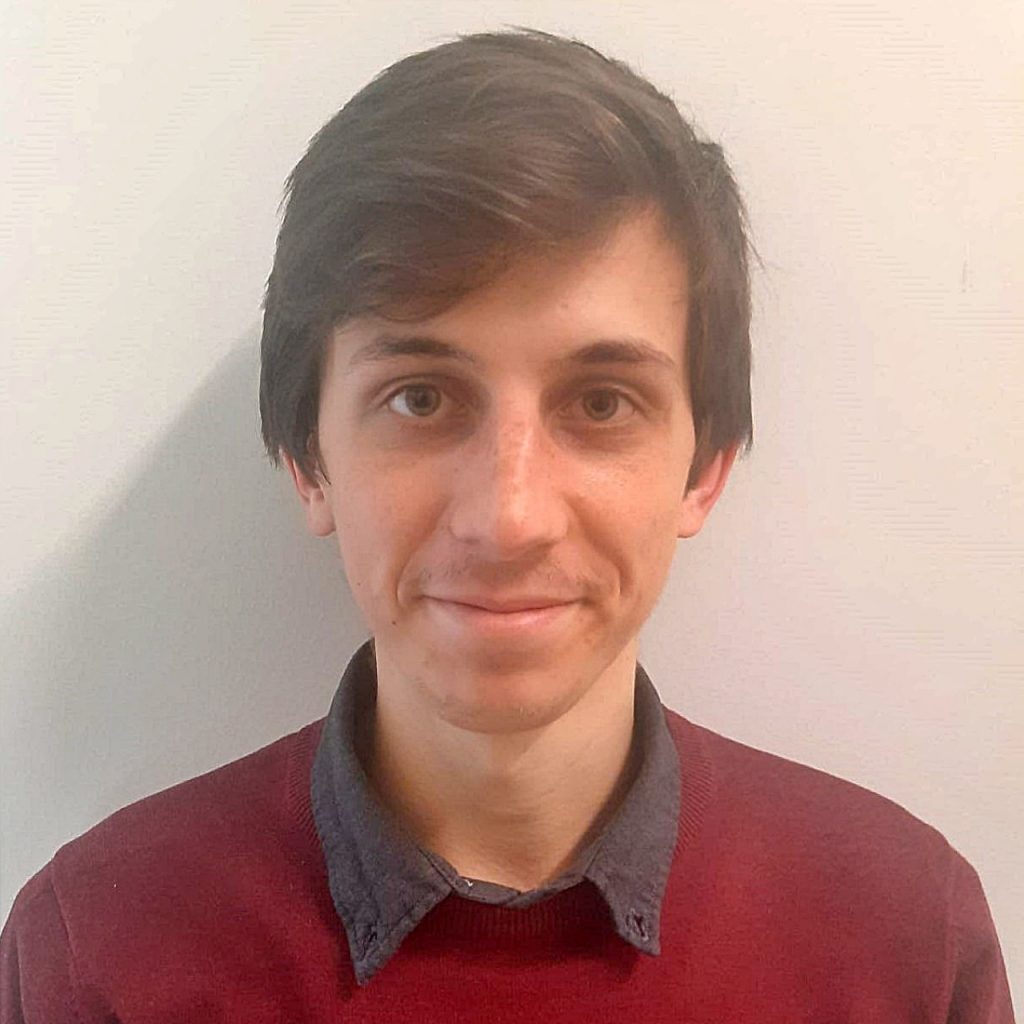

Alexandre van Heerden obtained his degree in Marine Biology from the Faculty of Science and Technology (FCT) at the University of Algarve (Ualg) in 2021. Alexandre is currently enrolled in the Master in Environmental Contamination and Toxicology at ICBAS and FCUP and developing his master thesis at CIIMAR, under the Biosysmo program on the topic “Potential of enriched cultures to degrade paroxetine and bezafibrate: microbial community characterization through culture-dependent and independent methods”.
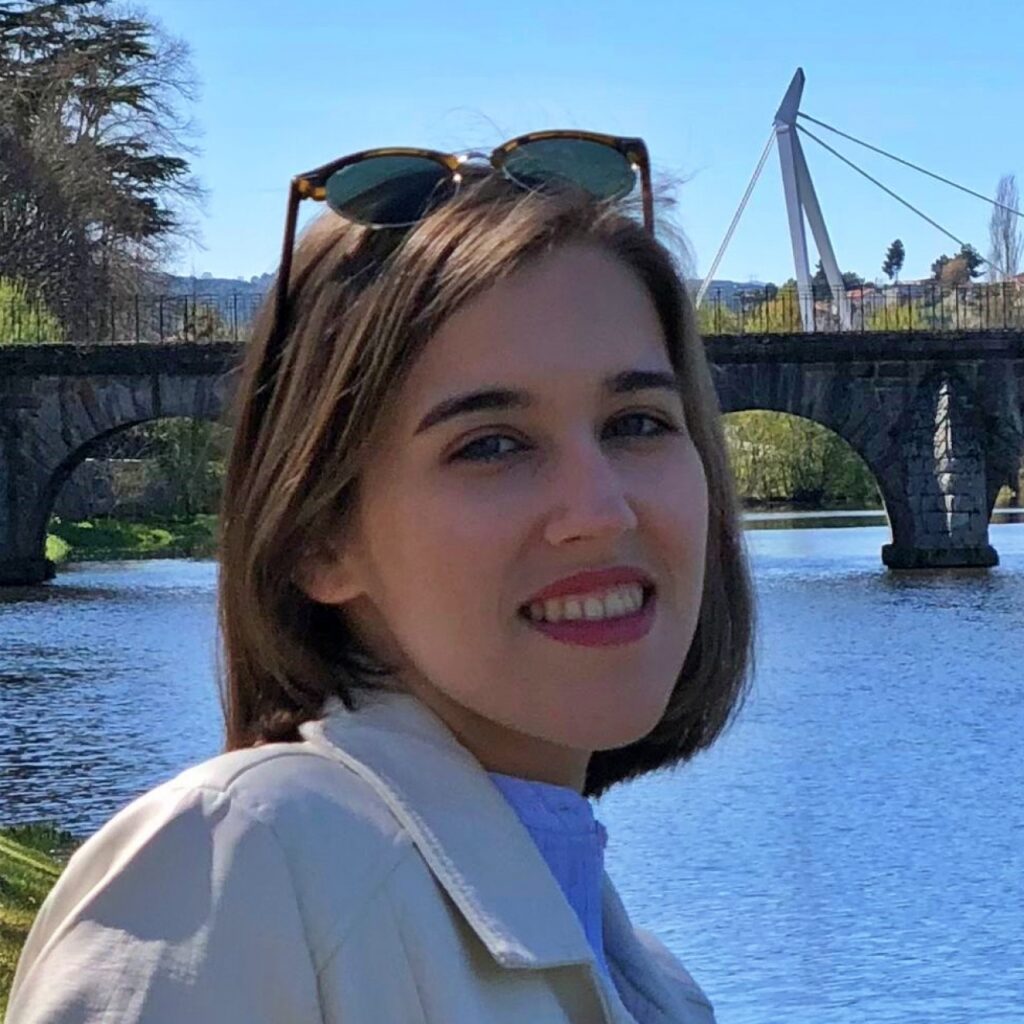

Since 2021, Ana Catarina Sousa has held a biochemistry degree from the University of Minho, Braga . She is pursuing her master's degree in Applications in Biotechnology and Synthetic Biology at the University of Porto, and she is working on her dissertation as part of the SEPIS4ENVIRONM project on the Bioremediation and Ecosystem Functioning Research Group. The goal of this study is to find microorganisms that could be used in environmental applications.
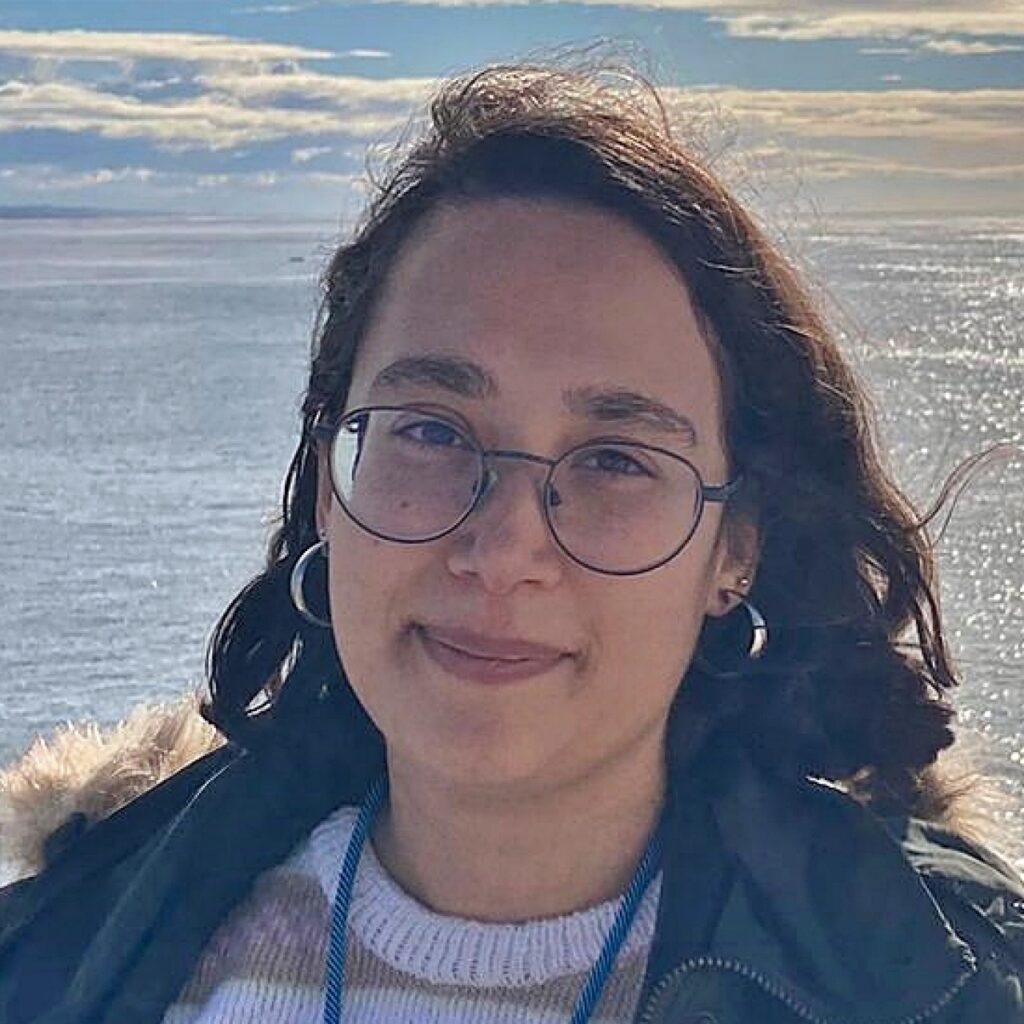

Margarida Pereira is a PhD student (FCUP-UP) developing her research on Microbial-assisted phytoremediation for the removal of mixed pollutants in estuarine environment, closely aligned with CIIMAR’s BIOSYSMO Project. Her academic career comprises a BSc in Cellular and Molecular Biology (FCT-NOVA), a MSc in Science Communication (FCSH-NOVA) and a MSc in Biotechnology for Sustainability (ITQB-NOVA). She has experience in applied blue, green, and red biotechnology in various Portuguese research centres.
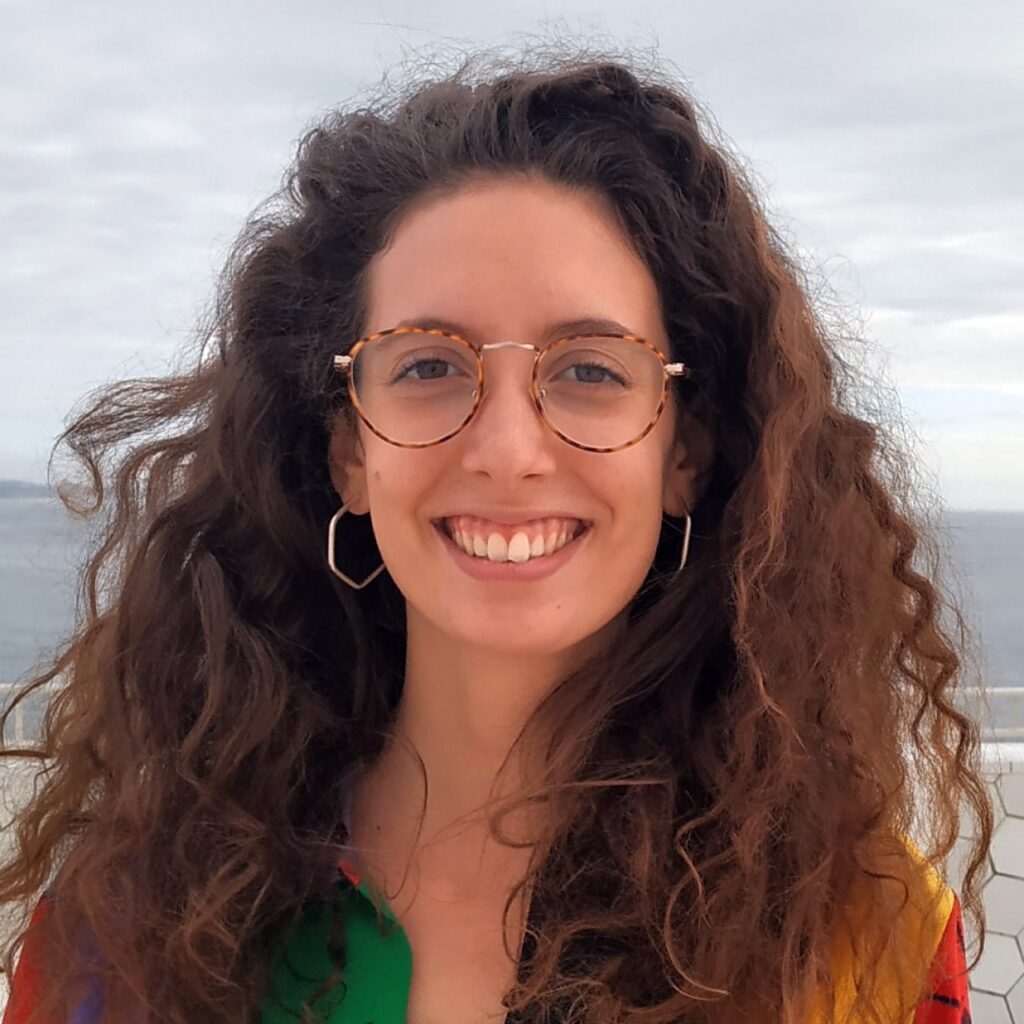

Ana Sofia Tavares studied Aquatic Sciences at ICBAS-UP and is nt NetTag, studying the environmental effects of lost fishing gear, with special attention on the microbial community on fishing nets.
In 2020, Sofia was awarded the prize for active citizenship of University of Porto in the environmental category for her environmental activism. She is also co-founder of Let’s Swap, a social movement that organizes swap markets in which the participants can swap clothes for free to promote a circular economy.ow a Master student in Environmental Toxicology in the projec
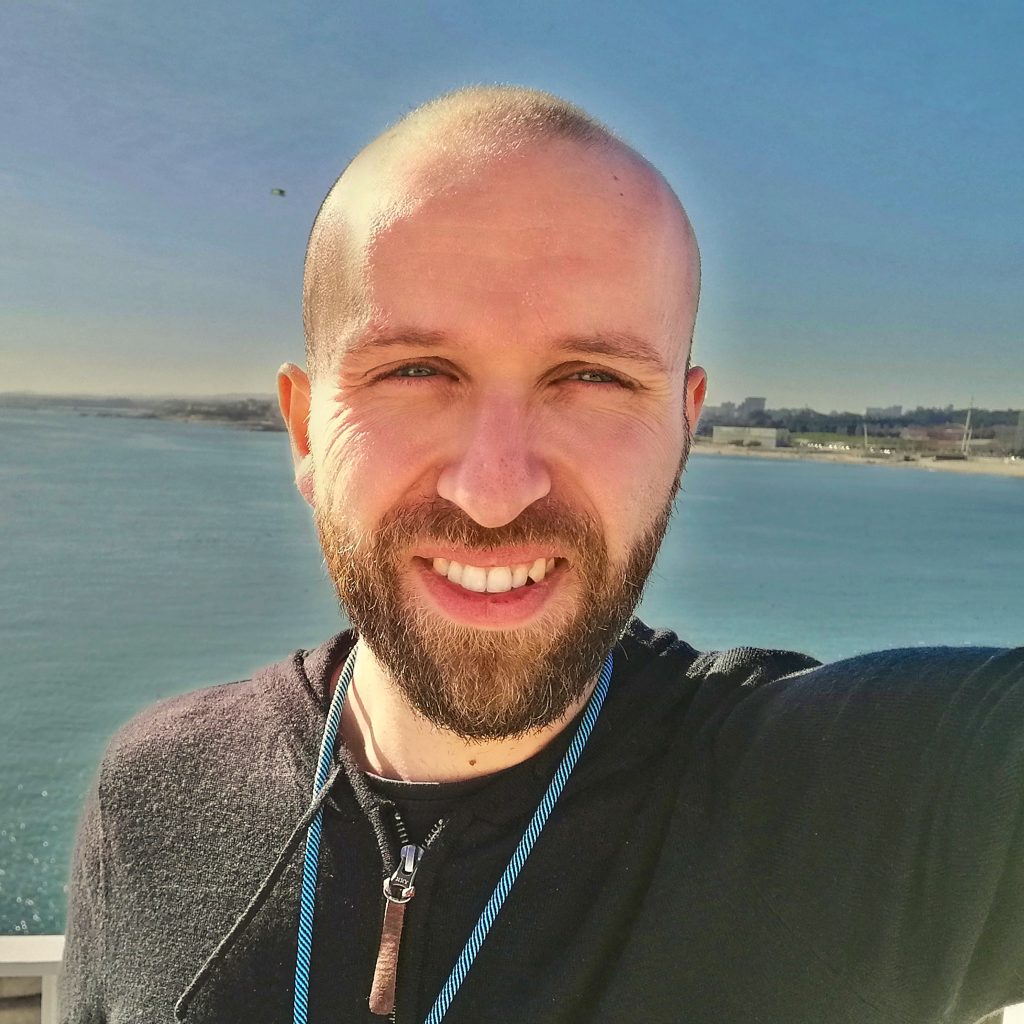

Gianuario Fortunato holds a bachelor’s degree and master’s degree in molecular biology both awarded by the University of Bologna. He got his PhD in microbiology at Universidade Catolica Portuguesa as part of an international framework, ANSWER, founded by Marie Curie Action. At present, he is involved as a junior researcher in the BIOSYSMO project, where he will study the bioremediation activity of estuarine-isolated microorganisms through molecular biology and genetic approaches.
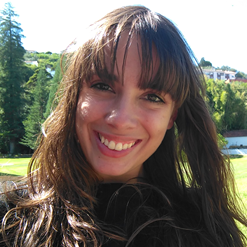

Joana P. Fernandes holds a degree (2012) and master’s degree (2014) in Environmental Sciences and Technology (FCUP-UP) and a PhD in Biomedical Sciences (ICBAS – UP, 2021). In recent years, her research has been focused on biodegradation of emerging pollutants by autochthonous microorganisms. She has been studying different biodegradation approaches to remove emerging pollutants from contaminated environments and how these remediation strategies can change the natural community dynamics and structure. Also, she is involved in the development of a new culture collection, working in the isolation, cultivation, and identification of microorganisms (bacteria and fungi) with different biotechnological purposes.
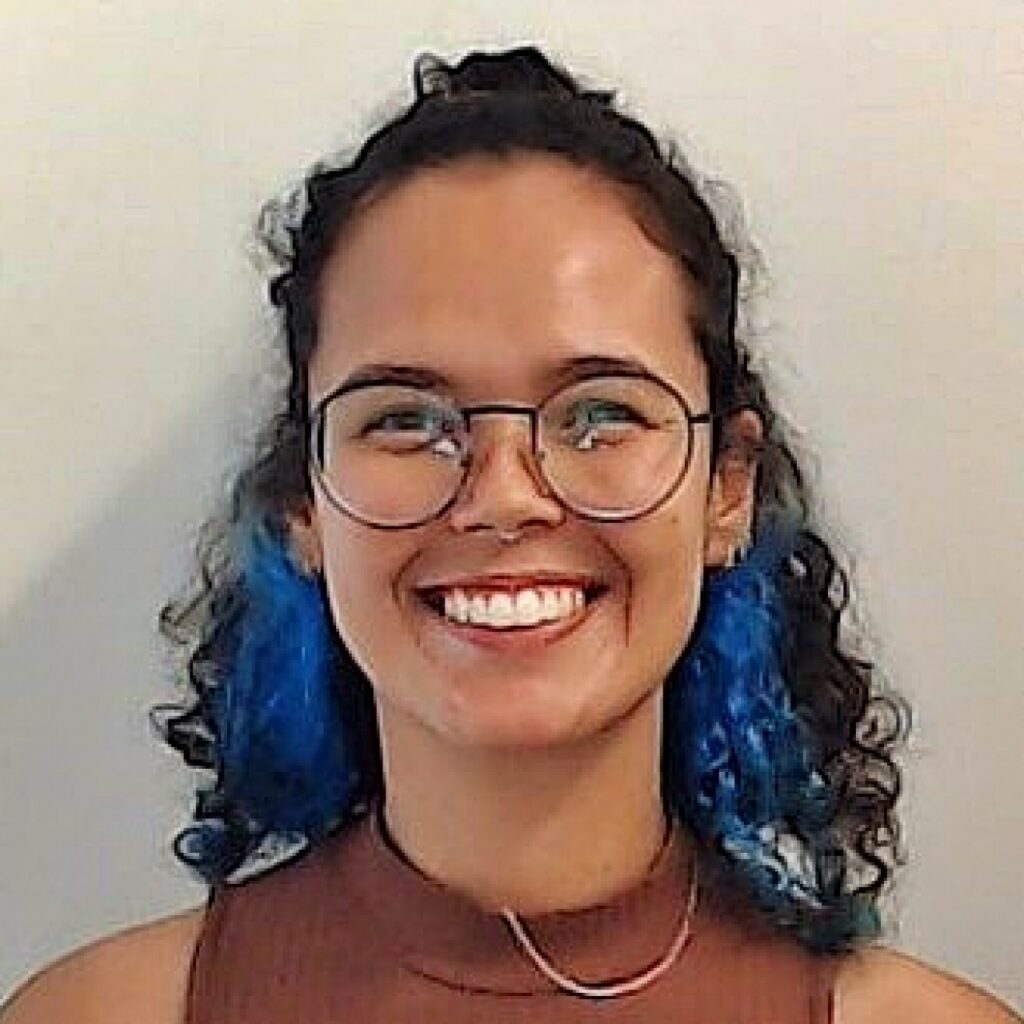

Joyce Santos obtained her degree in Biological Sciences, Environment and Biodiversity in December of 2019 from the Universidade da Região de Joinville (Univille), Brazil. Since 2022, she is a Master’s degree in Ecology and Environment at the Faculty of Sciences of the University of Porto and in her thesis will study biorremediation in estuarine environment with salt-marsh plants.
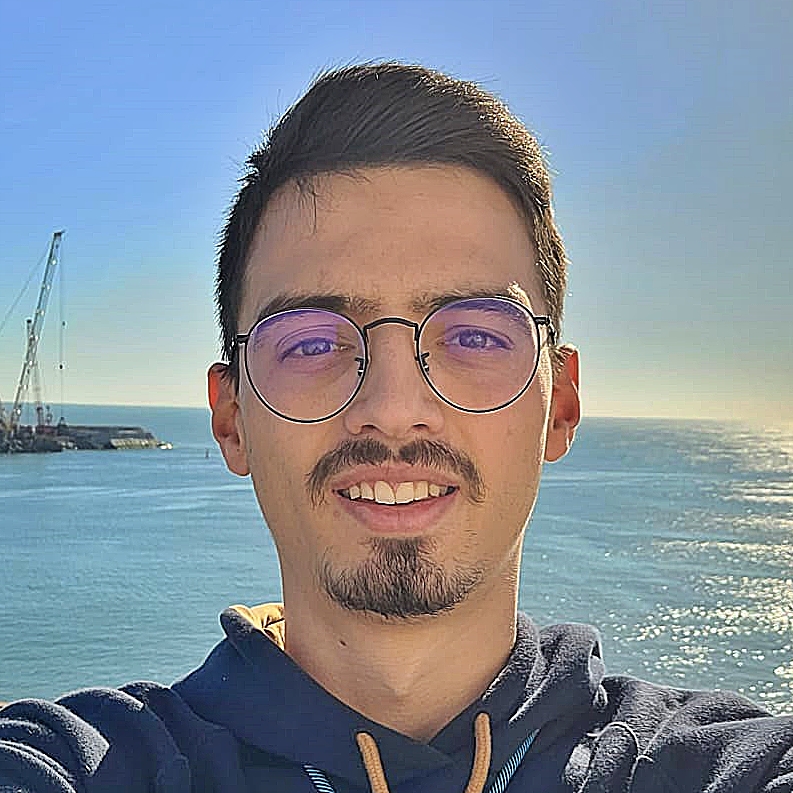

I have a degree in biology from FCUP (2022). I’m currently studying for a master’s degree in Environmental Sciences and Technology, also at FCUP.
I’m doing my master’s thesis at CIIMAR. At EcoBioTEC with the BIOSYSMO project.
My supervisors are Ana Paula Mucha and Joana Fernandes. I’m studying Plant growth promoting traits for bacterial consortia in halophytic plants.
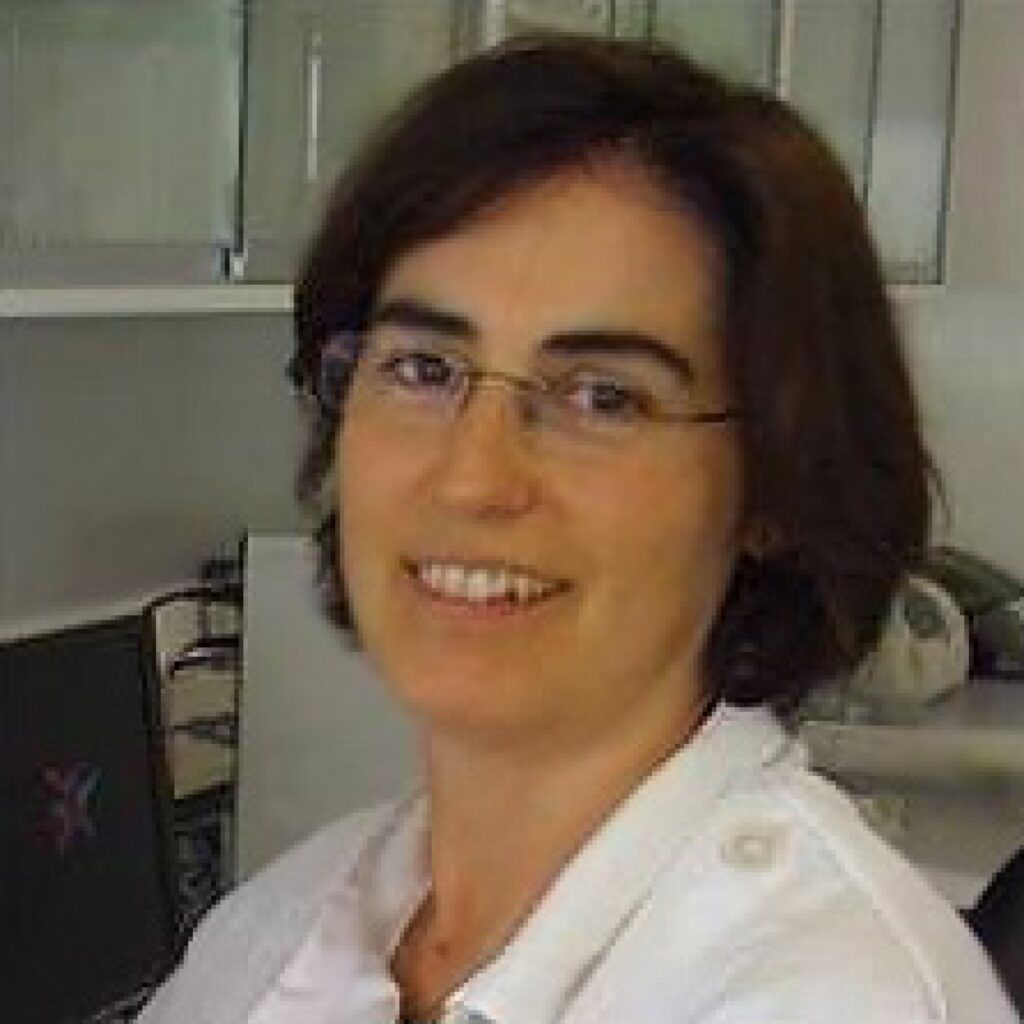

Maria Antónia Salgado concluded her degree in Sciences of the Aquatic Environment at the University of Porto in 1985, joined the Chemistry Department of Abel Salazar Biomedical Institute in 1987, as a lecturer. She got a PhD from the University College of North Wales, UK in 1996. At present she is Assistentr Professor and teaches Physical Chemistry and Environmental Chemistry for undergraduate students and Chemical Analytical Techniques to post-graduate students. She supervised MSc and PhD students, and was the principal investigator in research projects and collaborated in others. Her main research interests are: sustainable aquaculture, analytical chemistry, pollution biomonitoring, aquatic toxicology and coastal management. She is also responsible for physico-chemical water quality analyses for aquaculture companies.
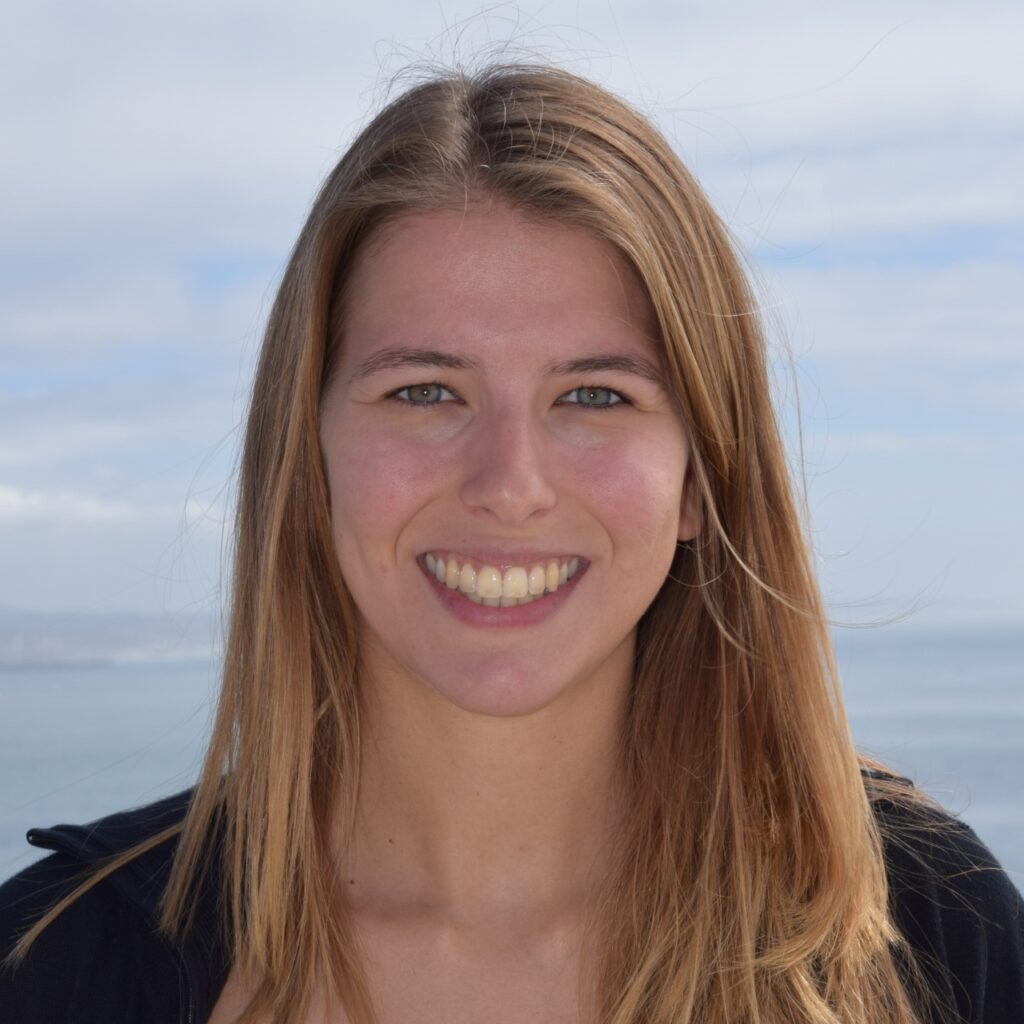

Maria Luis Bôto received her bachelor’s degree in Biology in 2016 from University of Aveiro and holds a master’s degree in Biodiversity, Genetics and Evolution from the Faculty of Sciences of the University of Porto (FCUP). In 2020, she started her PhD in the Doctoral Program of Aquatic Sciences – Biology and Ecology (ICBAS-UP), during which she will focus on exploring the genetic potential of native microbial consortia to degrade petroleum compounds.
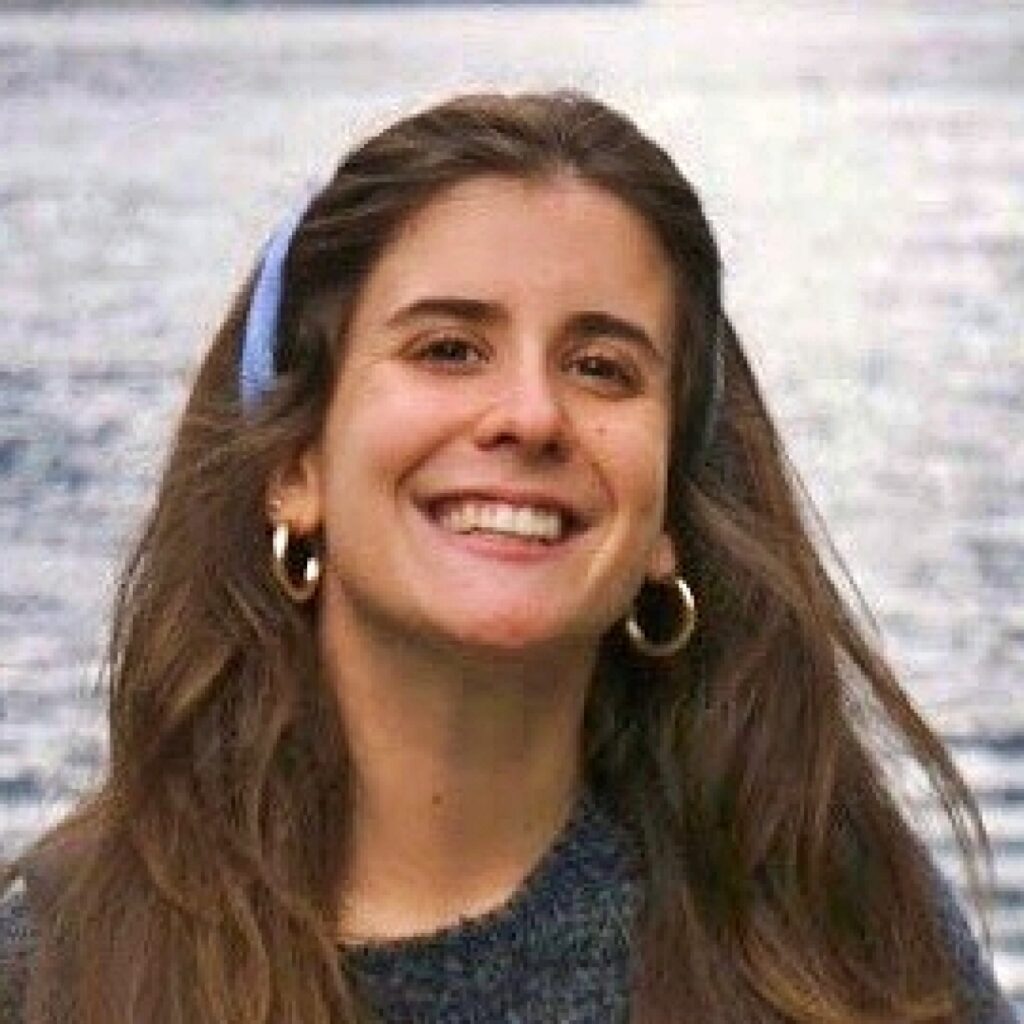

Neus graduated with a BSc in Biotechnology from the University of Girona, Spain and a MSc in Applied Microbiology from the Autonomous University of Barcelona, Spain.
She is doing her PhD in the framework of the M2ex H2020 MSCA-ITN project which aims to exploit metal-microbe applications to expand the circular economy. Her research is conducted between the University of Porto (UP) and University of Limoges (UNILIM), France, including secondments in additional research units. She focuses on the investigation and optimisation of phytoremediation and bioaugmented-assisted phytoremediation processes to recover metals from contaminated soil and evaluate the possible uses of the obtained biomass.
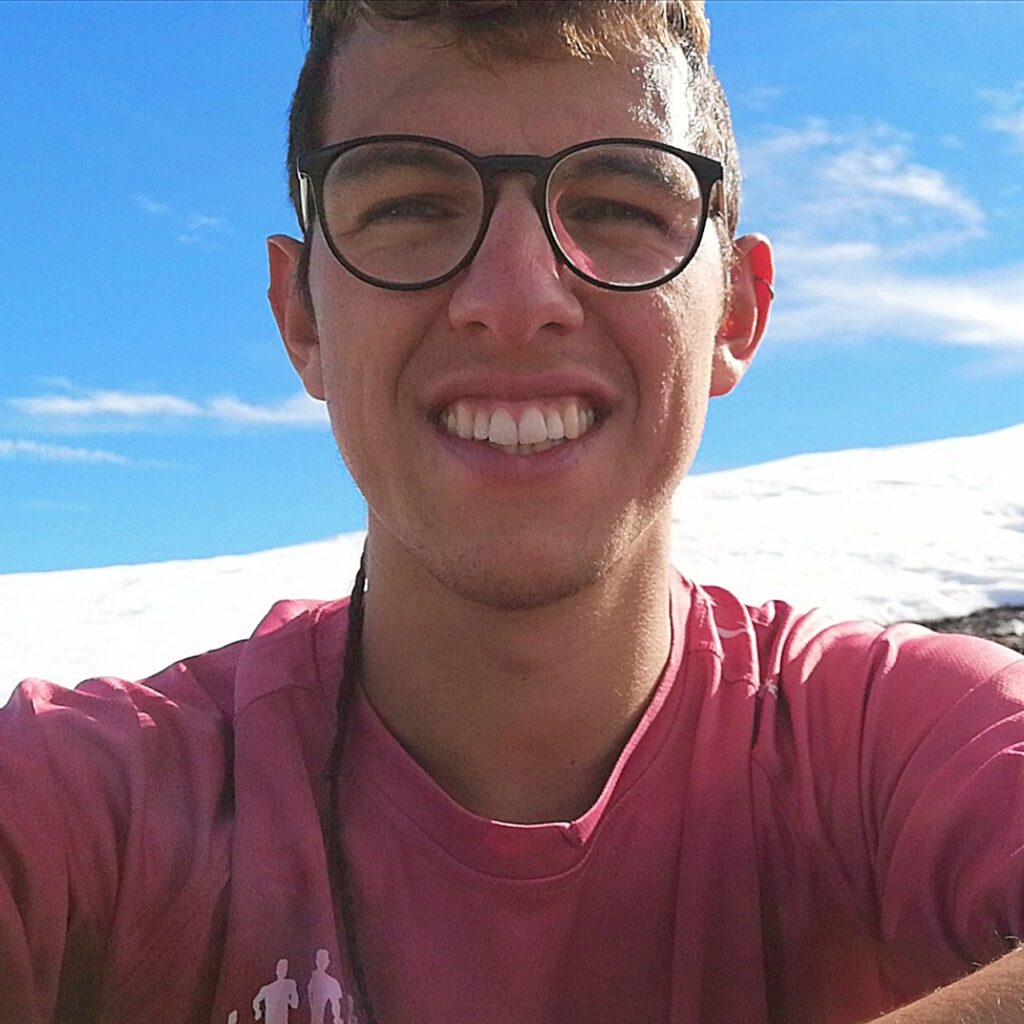

Pau Porras Socias is a graduate in Biotechnology at the University of Barcelona and holds a master’s degree in Applied Microbiology from the Autonomous University of Barcelona. He is enrolled in a doctoral program in the framework of M2ex H2020 MSCA-ITN project aiming to exploit metal-microbe applications to expand the circular economy. His research conducted in the University of Porto and the National University of Ireland Galway focuses on the performance of constructed wetlands to remove metals and pharmaceuticals from contaminated effluents.
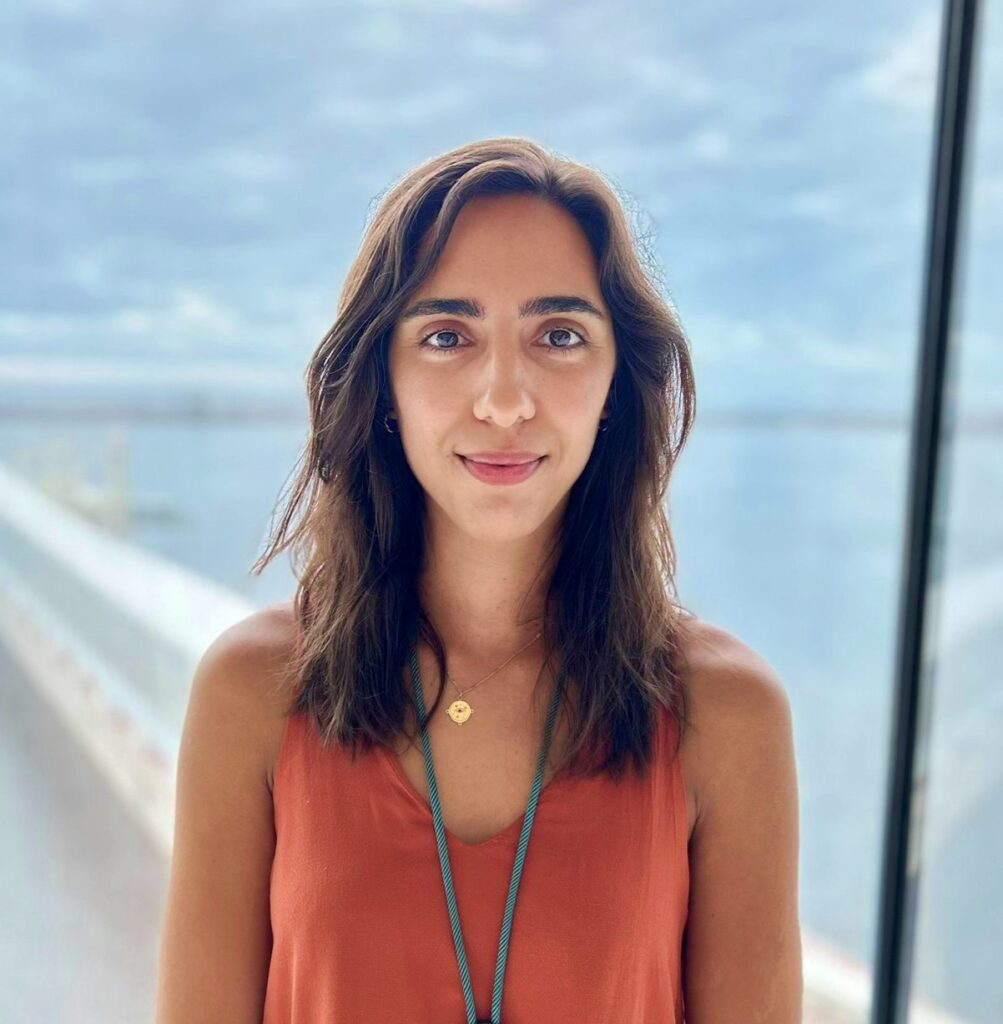

Rafaela Perdigão holds a BSc degree in Biology (2015, FCUP) and a MSc degree in Environmental Toxicology and Contamination (2017, ICBAS), from the University of Porto. She is currently working as a PhD student at CIIMAR and ICBAS, exploring biodegradation of oils, maritime fuels and other pollutants inside ports, such as plastics, using marine microorganisms.
She has experience and know-how on autochthonous bioremediation of hydrocarbons, with a special focus on the optimization of bacterial consortia for marine environments. Her main research interests rely on the recovery of polluted marine environments, biotechnology and optimization of degradation processes.
Bôto ML, Dias SM, Crespo RD, Mucha AP, Almeida CMR
2023Journal of Environmental Management 326:116642.Bastos Almeida D, Semedo M, Magalhães C, Blanquet I, Mucha AP
2022Front. Mar. Sci. 9:1038196.Bastos Almeida D, Magalhães C, Sousa Z, Borges MT, Silva E, Blanquet I, Mucha AP
2021Aquaculture, Volume 539,736592.Bôto ML, Magalhães C, Perdigão R, Alexandrino DAM, Fernandes JP, Bernabeu AM, Ramos S, Carvalho MF, Semedo M, LaRoche J, Almeida CMR, Mucha AP.
2021Frontiers in Microbiology 12:879.Fernandes, J.P.; Almeida, C.M.R.; Salgado, M.A.; Carvalho, M.F.; Mucha, A.P.
2021Toxics 2021, 9, 257.Perdigão R, Almeida CMR, Santos F, Carvalho MF, Mucha AP.
2021Water 13 1:66.Tomasino MP, Semedo M, Vieira e Moreira P, Ferraz E, Rocha A, Carvalho MF, Magalhães C, Mucha AP.
2021Science of The Total Environment 792:148467.Tomasino, M.P.; Aparício, M.; Ribeiro, I.; Santos, F.; Caetano, M.; Almeida, C.M.R.; Carvalho, M.d.F.; Mucha, A.P.
2021Microorganisms, 9, 2389.Fernandes J.P., Duarte P., Almeida C.M.R., Carvalho M.F., Mucha A.P.
2020Journal of Environmental Chemical Engineering, 8: 103881Website by: Glitz Design
© 2023 CIIMAR – All rights reserved.